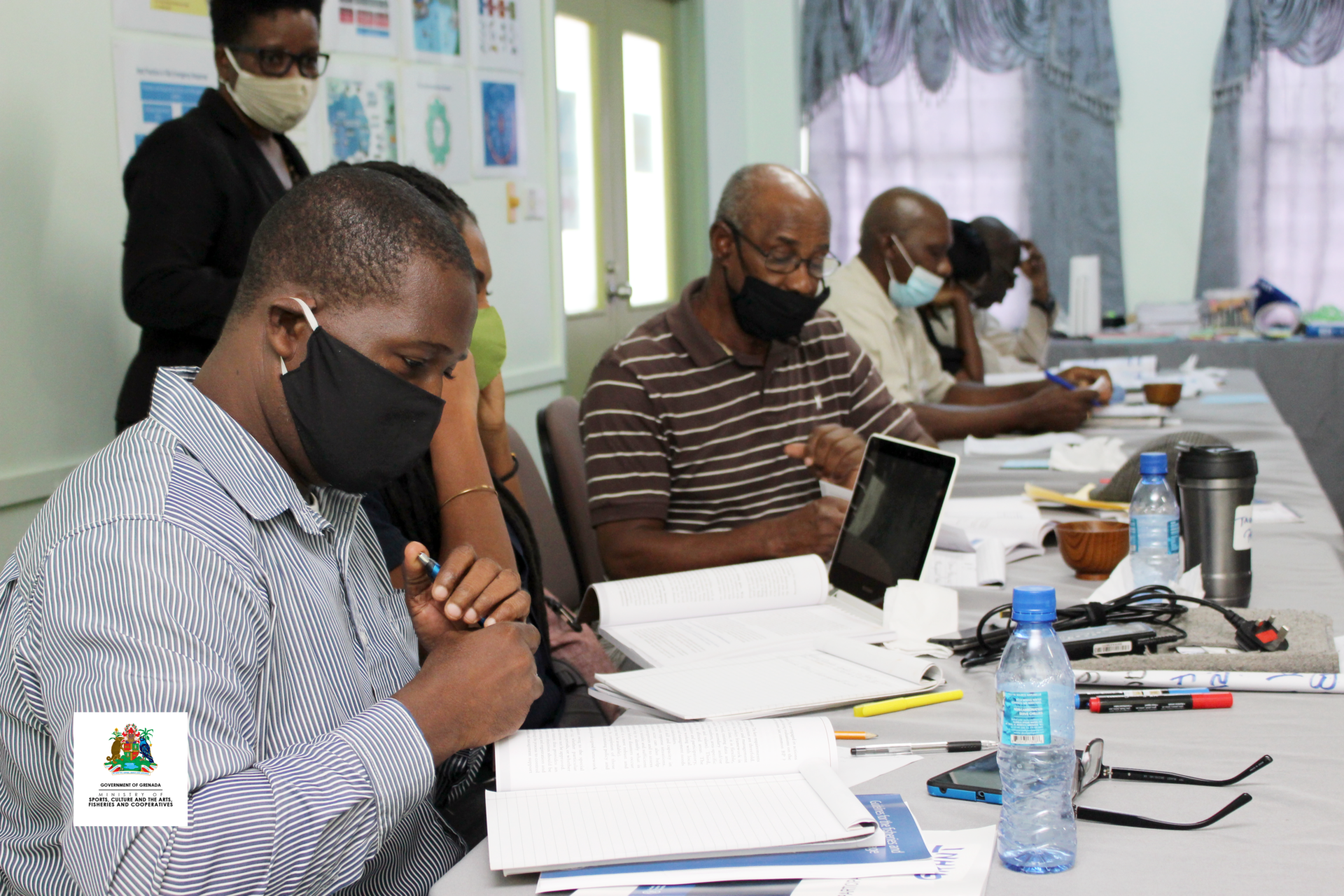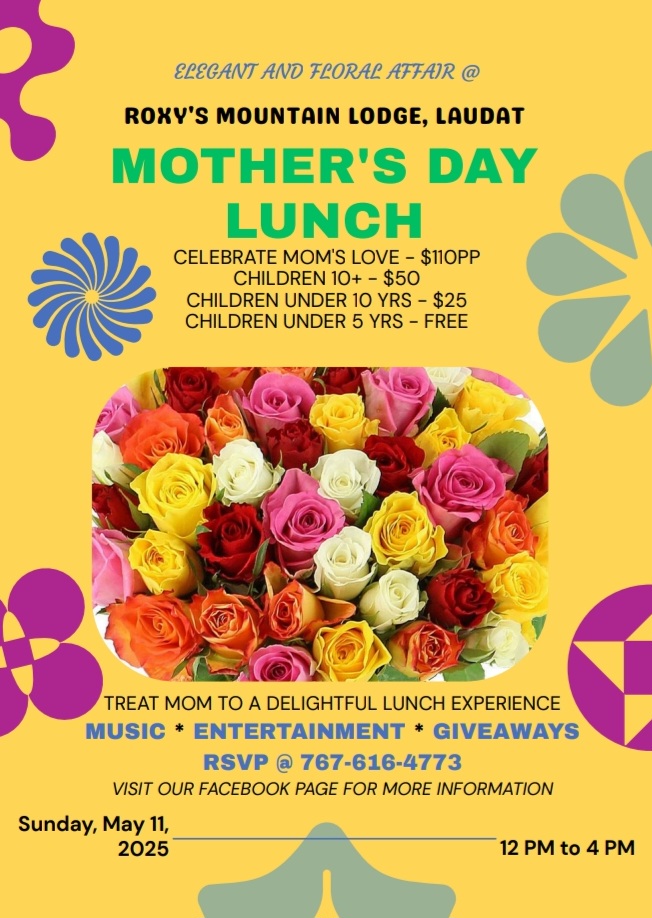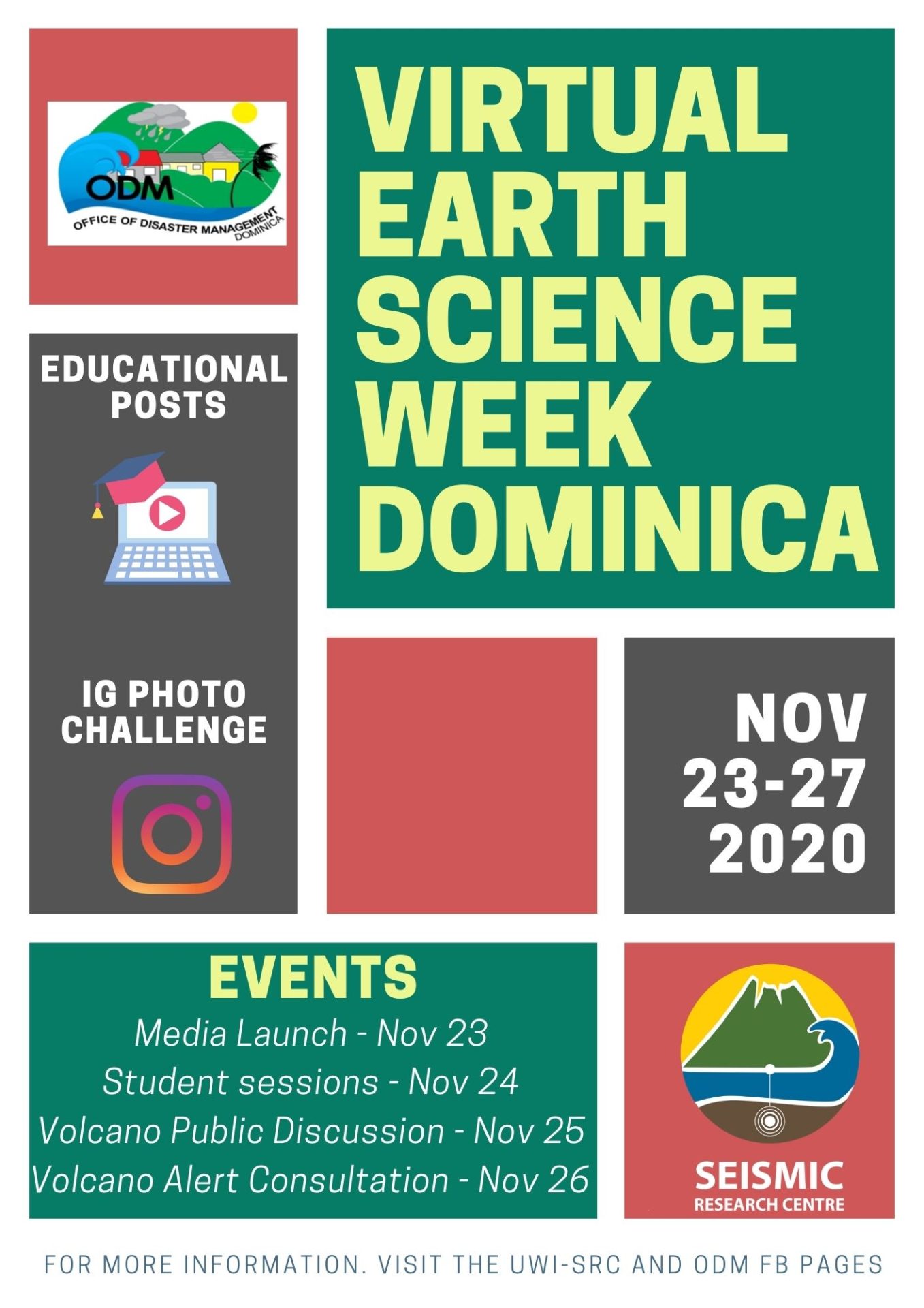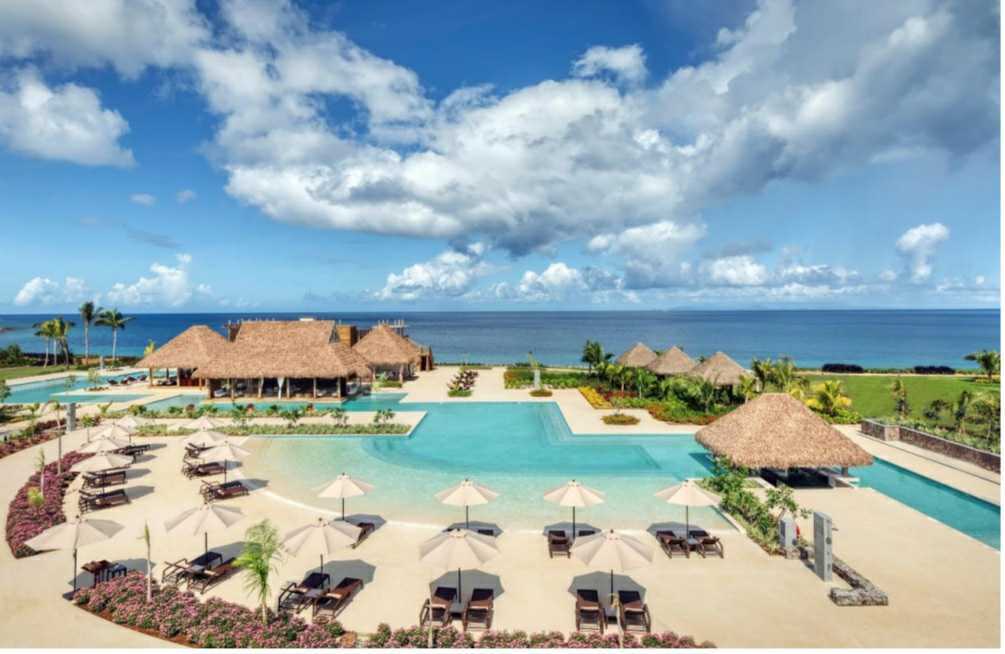
November 19, 2020 – St. George’s, Grenada – The Food and Agriculture Organization of the United Nations (FAO) under its Climate Change adaptation of the Eastern Caribbean Fisheries Sector (CC4FISH) Project, recently held its first Stakeholder Workshop and Trainer’s Course in Fisheries and Aquaculture Response in Emergencies (FARE), at the Fisheries Division in St George’s Grenada from 22-23 and 27-30 of October 2020.
The FARE training aims to enhance the quality and accountability of preparedness and response to emergencies affecting the fisheries and aquaculture sector by introducing and offering training in the FAO guidelines for Post Disaster Damage and Needs Assessments (PDNA) in emergencies and providing training in best practices in emergency response for the Fisheries and Aquaculture sector. Damage assessment of the fisheries sector after a disaster are in different categories; 1) Fishing gear, vessels and engines; 2) Fisheries and aquaculture policy and management; 3) Landing sites, harbours and anchorages; 4) Aquaculture; 5) Post-harvest markets and processing; 5) and Environmental impacts. The PDNA also involves development of a Needs Assessment for the short, medium and long term while aiming to Building Back Better and create a more resilient fisheries sector. The FARE methodology is a global tool developed by FAO in collaboration with Humanitarian and Fishery actors which through this work is being adapted to the national and local level.
With the increasing frequency of high intensity storms and hurricanes in the region and their devastating effects on fisheries lives and assets, livelihoods and food security as well as national economies, improving Disaster Risk Management (DRM) of the fisheries sector is not only crucial, but at stake.
Dr Iris Monnereau, Regional Project Coordinator of CC4FISH explained, “The fisheries sector is frequently overlooked when doing PDNAs as the sector often has limited data available since they are in remote areas and the Disaster Risk Management Personnel are often not trained in doing PDNAs of the fisheries sector. However, the fisheries sector is affected significantly by hurricanes, take the example of the USD 51 million in damage and losses to the fisheries sector in the Bahamas after the passage of hurricane Dorian in 2019. Since 1955, hurricanes such as Hurricane Janet, Allen, Ivan and Emily have caused severe damage to infrastructure and the natural environment in Grenada. CC4FISH therefore supports capacity building at the regional, national and local level to improve the ability to carry out PDNAs of the fisheries sector”.
The training in Grenada is following on from the Regional FARE Training that was conducted in 2018 in Grenada with seven participating Caribbean countries also funded by CC4FISH. The FARE training just being conducted now is extended at the community level with the expectation that these stakeholders will then become the agent and champions of change towards the development and implementation of the FARE guidelines in Grenada.
As a result of the training, the fishing communities will be poised and better equipped in preparation for disasters as well as better able to carry out the PDNAs in a very timely and effective manner. This will allow for bringing the damages and needs of the sector to the government and relief agencies’ attention and will support timely relief and rehabilitation efforts for the sector while supporting “Building Back Better”.
One of the participants of the Trainer of Trainers course, Mr Jerry St Louis from the Melville Street Fish Market Facility stated,“I would say that the training empowered me with knowledge and skills necessary in case of a disaster to prepare, assess and respond especially in the Fisheries and Aquaculture Sectorin order to prepare adequately well to protect and save more both lives and equipment.”
Stakeholders from a variety of organizations participated in the Trainers of Trainers including the Red Cross, the National Disaster Management Agency and the Grenada Youth Emergency Action Committee (YEAC). Mr Yauna Pope one of the youths representing YEAC commented on the training “The training was enlightening for me. I learned how technical the fisheries sector is and I never knew there was so much that went into the sector and I didn’t know it generated that much income. While I was aware of the fishers and that to enter a fishery it didn’t require much investments to start fishing, learned of the significant role of each member of the value chain too, like the vendors especially and the struggles of the fisherfolks. The training was an eyeopener and good learning experience and I am looking forward to further work on the FARE training.”
The facilitator of the training , Mr Terry Charles who was assisted by Ms Lisa Chetram from the Fisheries Division stated, “I feel confident that the enthusiasm and zeal of the participants will achieve much towards improving the level of preparedness, assessment and response using the FAO tools and guidelines in the nation’s fisheries sector not just at the national level but most importantly at the community where the real impacts are felt. This is not the end but the beginning of a journey together by all.”
The fisheries sector has become a major source of employment and income, employing approximately 3500 fishers, and is a significant contributor to food supply and food security, while also a foreign exchange earner. The CC4FISH project will contribute to enhancing the resilience of the fisheries sector in Grenada and ensure food security for the future.




